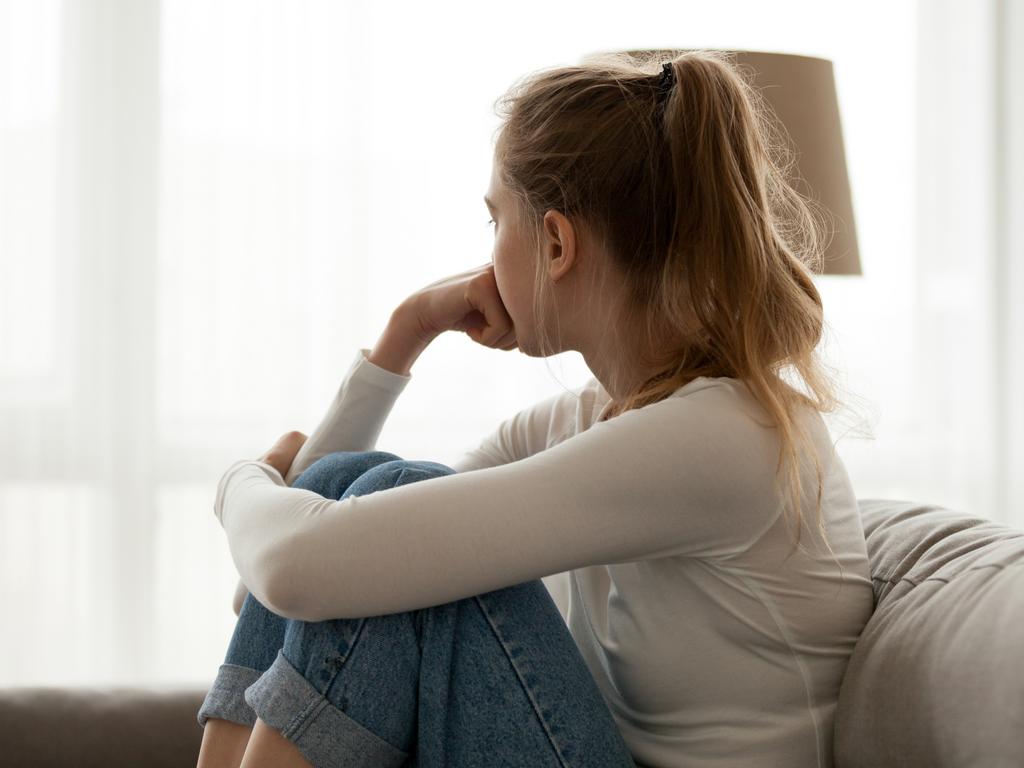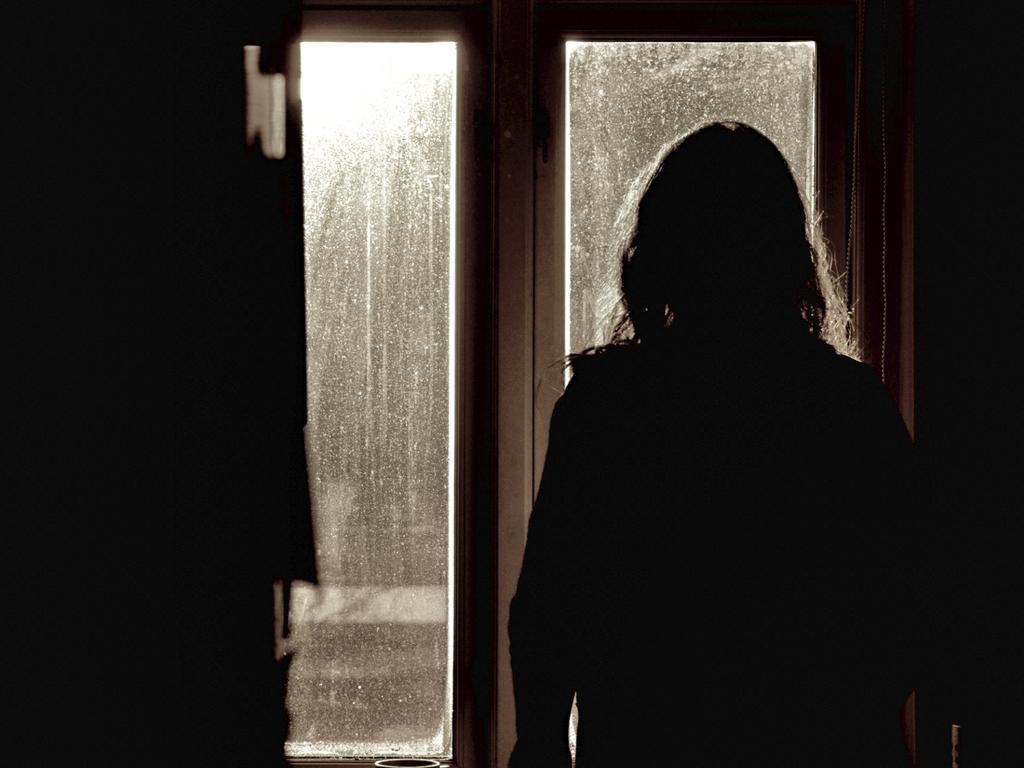Australians with long Covid at an ‘increased risk’ of domestic violence
New research has revealed the unseen impacts of long Covid on Australians experiencing abuse at the hands of their partner.
Victims of long Covid are at an “increased risk” of domestic violence because of the mysterious condition’s mental and physical symptoms, research shows.
The Australian-first study, released on Wednesday and conducted by a team of researchers at Melbourne’s Monash University, sought to better understand the challenges faced by those with the long-term illness, as well as their specific support needs.
Based on the experiences of 28 Australians aged between 31 and 50, surveyed anonymously between April and October last year, it also examined how long Covid could impact people’s decisions to remain in an abusive relationship.
Despite one in ten Covid-infected people going on to develop long Covid symptoms, and one in four Australian women experiencing violence at the hands of their partner since the age of 15, “globally there has been no attention paid to the intersection” of the two, lead researcher Professor Kate Fitz-Gibbon said.
“What we’ve heard first hand from victim-survivors is not just changes in the frequency and severity of partner abuse, but also how their partners weaponised their long Covid symptoms to further perpetrate abusive and controlling behaviours,” Prof Fitz-Gibbon said.

Of those surveyed, 13 had experienced abuse in a relationship prior to their long Covid diagnoses, while seven experienced it for the first time after being diagnosed.
Eighteen of the participants said the condition had put them at higher risk of intimate partner violence.
“I think the illness on top of my other conditions made him perceive me as more of a burden, leading to poor behaviour,” one said.
“There were a few signs of this prior to my having Covid, but I think my being vulnerable when I had previously been the ‘strong’ and ‘independent’ partner really threw him off and he rejected that.”
Co-author Dr Jasmine McGowan said the study found the mental and physical symptoms of long Covid placed people at an increased risk of abuse.
“Perpetrators exploited these symptoms to further entrap their victim within coercively controlling relationships,” she said.
Released today: our study examining the intersection between long COVID & IPV. Thank you to the 28 victim-survivors who shared their experience with us.
— Kate Fitz-Gibbon (@Kate_FitzGibbon) January 22, 2024
Victim-survivors described losing control of their health & then losing control of their safety within their relationship.… pic.twitter.com/wjEtqhePXZ
Several participants, meanwhile, said they were too unwell to even consider leaving their abusive partner. One said they felt that they “had no choice but to stay”.
“[Long Covid] makes me feel helpless. My health is a ticket to a better life,” another said.
“I’m not actioning my thoughts to leave as it all seems too big, too messy. I won’t cope physically or mentally. I cannot take care of five children on my own.”
They also indicated that support and services were either less accessible, or entirely inaccessible, due to their long Covid symptoms.
“Nearly half of the victim-survivors who accessed support did so via the phone or a webchat service, highlighting the critical need to ensure continued funding for remote service delivery of domestic and family violence support services,” Dr McGowan said.

As society continues to “move further into the new normal of ‘living with Covid”, Prof Fitz-Gibbon said that “understanding the intense and at times unique recovery needs of victim-survivors … who have also experienced long Covid is critical to shaping the policy response and ensuring adequate services”.
“Intimate partner violence is the number one risk factor contributing to the disease burden for Australian women aged 18 to 44 years old – greater than alcohol, tobacco and illicit drug use,” she added, referring to the federal government’s National Plan to End Violence Against Women and Children.
“If the recovery and healing of all victim-survivors is to be better supported, increasing awareness about the risk and recovery needs of victim-survivors with long Covid experiencing abuse must be an integral piece of the National Plan’s focus on recovery and healing.”






